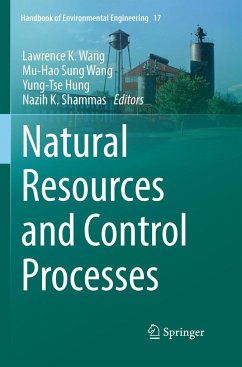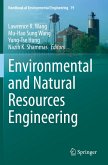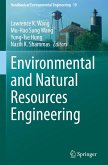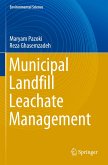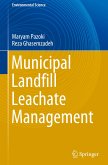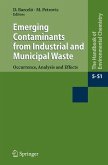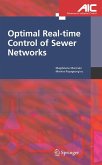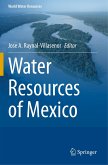This edited book has been designed to serve as a natural resources engineering reference book as well as a supplemental textbook. This volume is part of the Handbook of Environmental Engineering series, an incredible collection of methodologies that study the effects of pollution and waste in their three basic forms: gas, solid, and liquid. It complements two other books in the series including Environmental and Natural Resources Engineering and Integrated Natural Resources Management that serve as a basis for advanced study or specialized investigation of the theory and analysis of various natural resources systems.
This book covers the management of many waste sources including those from agricultural livestock, deep-wells, industries manufacturing dyes, and municipal solid waste incinerators. The purpose of this book is to thoroughly prepare the reader for understanding the sources, treatment and control methods of toxic wastes shown to have harmful effects on the environment. Chapters provide information on some of the most innovative and ground-breaking advances in waste characterization, control, treatment and management from a panel of esteemed experts.
This book covers the management of many waste sources including those from agricultural livestock, deep-wells, industries manufacturing dyes, and municipal solid waste incinerators. The purpose of this book is to thoroughly prepare the reader for understanding the sources, treatment and control methods of toxic wastes shown to have harmful effects on the environment. Chapters provide information on some of the most innovative and ground-breaking advances in waste characterization, control, treatment and management from a panel of esteemed experts.

